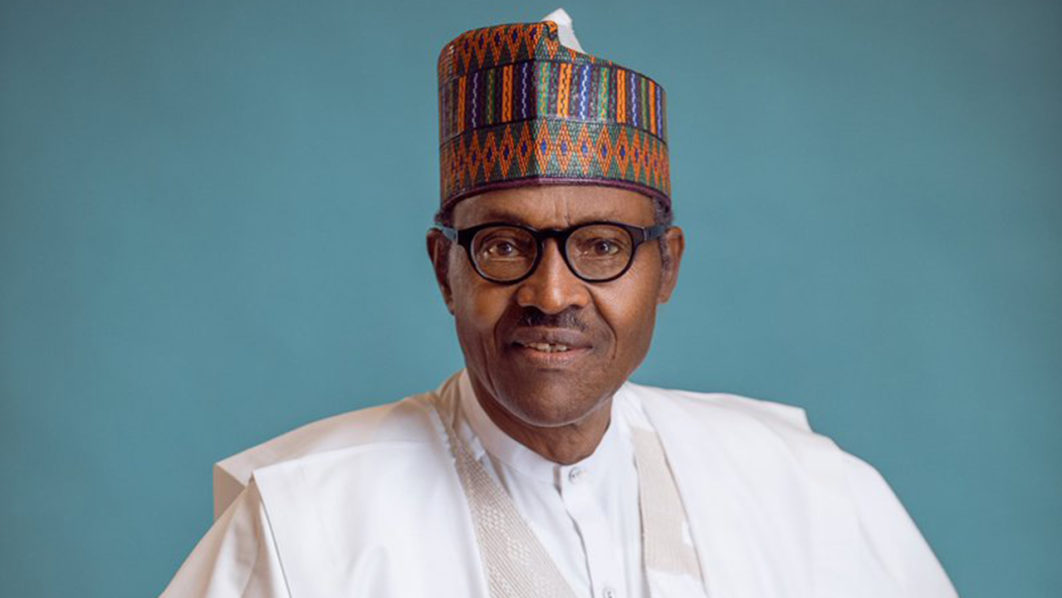Nigerian President Muhammadu Buhari’s re-election victory in February of this year was in many ways a surprise. His first term’s report card included a failing economy, rising violence, higher unemployment, and almost no progress in tackling corruption and lawlessness. This legacy from his first term now presents a series of major challenges for his second.
Login to read more
Sign in or create a free account to access Subscriber-only content.
Topics:
